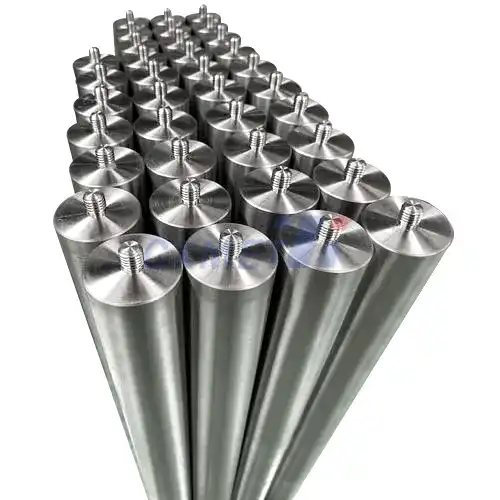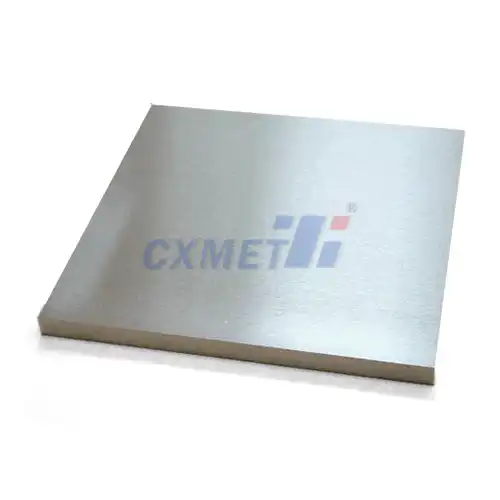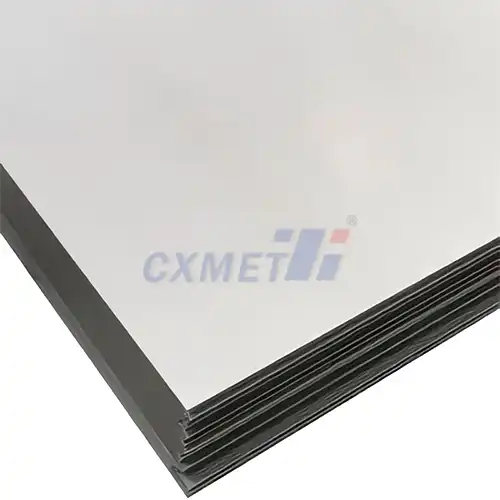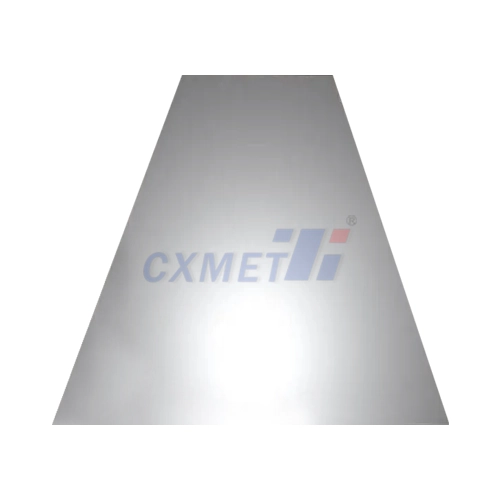- English
- French
- German
- Portuguese
- Spanish
- Russian
- Japanese
- Korean
- Arabic
- Greek
- German
- Turkish
- Italian
- Danish
- Romanian
- Indonesian
- Czech
- Afrikaans
- Swedish
- Polish
- Basque
- Catalan
- Esperanto
- Hindi
- Lao
- Albanian
- Amharic
- Armenian
- Azerbaijani
- Belarusian
- Bengali
- Bosnian
- Bulgarian
- Cebuano
- Chichewa
- Corsican
- Croatian
- Dutch
- Estonian
- Filipino
- Finnish
- Frisian
- Galician
- Georgian
- Gujarati
- Haitian
- Hausa
- Hawaiian
- Hebrew
- Hmong
- Hungarian
- Icelandic
- Igbo
- Javanese
- Kannada
- Kazakh
- Khmer
- Kurdish
- Kyrgyz
- Latin
- Latvian
- Lithuanian
- Luxembou..
- Macedonian
- Malagasy
- Malay
- Malayalam
- Maltese
- Maori
- Marathi
- Mongolian
- Burmese
- Nepali
- Norwegian
- Pashto
- Persian
- Punjabi
- Serbian
- Sesotho
- Sinhala
- Slovak
- Slovenian
- Somali
- Samoan
- Scots Gaelic
- Shona
- Sindhi
- Sundanese
- Swahili
- Tajik
- Tamil
- Telugu
- Thai
- Ukrainian
- Urdu
- Uzbek
- Vietnamese
- Welsh
- Xhosa
- Yiddish
- Yoruba
- Zulu
How does Gr12 Titanium Square Bar Compare to Other Titanium Alloys?
2025-03-01 14:47:42
Gr12 Titanium Square Bar is a high-performance titanium alloy that has gained significant attention in various industries due to its exceptional properties. This article explores how Gr12 Titanium Square Bar compares to other titanium alloys, focusing on its unique characteristics, applications, and advantages. By examining its composition, mechanical properties, and performance in different environments, we can better understand why Gr12 Titanium Square Bar stands out among other titanium alloys.
|
|
|
What are the key differences between Gr12 Titanium and Gr5 Titanium?
Gr12 Titanium and Gr5 Titanium are both popular titanium alloys, but they have distinct differences in terms of composition, properties, and applications. Gr12 Titanium Square Bar, also known as Ti-0.3Mo-0.8Ni, is a near-alpha titanium alloy, while Gr5 Titanium, commonly referred to as Ti-6Al-4V, is an alpha-beta titanium alloy.
Composition-wise, Gr12 Titanium contains small amounts of molybdenum (0.2-0.4%) and nickel (0.6-0.9%), along with trace amounts of carbon, iron, oxygen, and nitrogen. In contrast, Gr5 Titanium consists of 6% aluminum and 4% vanadium, with the remainder being titanium. This difference in composition leads to variations in their mechanical properties and performance characteristics.
Gr12 Titanium exhibits excellent corrosion resistance, particularly in reducing environments and hot salt solutions. It has superior resistance to crevice corrosion and stress corrosion cracking compared to Gr5 Titanium. This makes Gr12 Titanium an ideal choice for applications in chemical processing, marine environments, and other corrosive settings where Gr5 Titanium might be susceptible to degradation.
In terms of strength, Gr5 Titanium generally has higher tensile and yield strength compared to Gr12 Titanium. Gr5 Titanium's strength-to-weight ratio is exceptionally high, making it a preferred choice in aerospace and automotive industries where weight reduction is crucial. However, Gr12 Titanium offers better ductility and formability, allowing for easier fabrication and shaping of complex parts.
Temperature performance is another area where these alloys differ. Gr12 Titanium maintains its mechanical properties at higher temperatures better than Gr5 Titanium. It can be used in applications with operating temperatures up to 300°C (572°F), whereas Gr5 Titanium's performance begins to degrade at lower temperatures.
Welding characteristics also set these alloys apart. Gr12 Titanium is generally easier to weld and exhibits better weldability than Gr5 Titanium. This is particularly advantageous in industries where joining of components is a critical aspect of manufacturing or construction.
In terms of cost, Gr12 Titanium is often more expensive than Gr5 Titanium due to its specialized composition and production process. However, in applications where corrosion resistance and high-temperature performance are paramount, the long-term cost benefits of using Gr12 Titanium can outweigh its initial higher price.
How does the corrosion resistance of Gr12 Titanium Square Bar compare to other titanium grades?
Corrosion resistance is one of the most significant advantages of Gr12 Titanium Square Bar, setting it apart from many other titanium grades. This exceptional corrosion resistance is attributed to its unique composition and the stable oxide layer that forms on its surface.
Gr12 Titanium Square Bar exhibits superior corrosion resistance in a wide range of environments, particularly in reducing acids, hot salt solutions, and chloride-containing media. When compared to other common titanium grades such as Gr2, Gr5, and Gr7, Gr12 often demonstrates better performance in harsh corrosive conditions.
In reducing acids, such as hydrochloric acid, sulfuric acid, and phosphoric acid, Gr12 Titanium Square Bar shows exceptional resistance. It maintains its integrity in these environments where other titanium grades might experience accelerated corrosion rates. This makes Gr12 an excellent choice for chemical processing equipment, pipelines, and storage tanks in industries dealing with these aggressive chemicals.
The presence of nickel in Gr12 Titanium's composition contributes significantly to its corrosion resistance. Nickel helps stabilize the protective oxide layer on the surface of the metal, making it more resistant to breakdown in corrosive environments. This is particularly beneficial in hot salt solutions and chloride-rich environments, where other titanium grades might be susceptible to pitting or crevice corrosion.
Gr12 Titanium Square Bar also demonstrates excellent resistance to stress corrosion cracking (SCC), a form of corrosion that can be particularly problematic in high-stress applications exposed to corrosive media. In comparison, some other titanium grades, such as Gr5, may be more susceptible to SCC in certain environments.
It's important to note that while Gr12 Titanium Square Bar offers superior corrosion resistance in many environments, there are still some conditions where other specialized titanium grades might be preferred. For instance, in strongly oxidizing acids like nitric acid, grades such as Gr7 or Gr11, which contain small amounts of palladium, might offer better protection.
The corrosion resistance of Gr12 Titanium Square Bar also extends to high-temperature applications. It maintains its corrosion-resistant properties at elevated temperatures better than many other titanium grades, making it suitable for use in heat exchangers, chemical reactors, and other high-temperature corrosive environments.
What are the main applications of Gr12 Titanium Square Bar in industry?
Gr12 Titanium Square Bar finds applications across various industries due to its unique combination of properties, particularly its excellent corrosion resistance and high-temperature performance. Understanding these applications helps to appreciate the versatility and importance of this material in modern industry.
In the chemical processing industry, Gr12 Titanium Square Bar is widely used for manufacturing equipment that comes into contact with corrosive chemicals. This includes reaction vessels, storage tanks, heat exchangers, and piping systems. Its resistance to a wide range of chemicals, including reducing acids and chloride solutions, makes it an ideal material for handling aggressive substances without degradation.
The oil and gas industry also benefits significantly from the properties of Gr12 Titanium Square Bar. In offshore drilling operations, where exposure to seawater and corrosive drilling fluids is constant, Gr12 Titanium components such as risers, tubing, and valves offer long-lasting performance. Its resistance to stress corrosion cracking is particularly valuable in these high-stress, corrosive environments.
In desalination plants, Gr12 Titanium Square Bar is used for critical components that are in constant contact with seawater. This includes heat exchangers, pumps, and piping systems. The material's resistance to chloride-induced corrosion ensures long service life and minimal maintenance requirements in these harsh conditions.
In the power generation sector, Gr12 Titanium Square Bar is used in steam turbines and condensers, especially in plants using seawater for cooling. Its resistance to erosion-corrosion in high-velocity seawater makes it an excellent choice for turbine blades and condenser tubing.
The marine industry utilizes Gr12 Titanium Square Bar in various applications, including propeller shafts, pumps, and heat exchangers in shipboard systems. Its corrosion resistance in seawater and marine atmospheres ensures long-term reliability and reduced maintenance costs.
In the medical field, while not as common as some other titanium grades, Gr12 Titanium Square Bar finds use in specialized applications where its unique properties are beneficial. This can include certain surgical instruments and implant components that require high corrosion resistance and biocompatibility.
The pulp and paper industry also benefits from Gr12 Titanium Square Bar, particularly in bleaching equipment and chemical recovery boilers. Its resistance to the corrosive chemicals used in paper production makes it a valuable material in this sector.
In conclusion, Gr12 Titanium Square Bar stands out among titanium alloys for its exceptional corrosion resistance, particularly in reducing environments and hot salt solutions. Its unique composition, featuring small amounts of molybdenum and nickel, contributes to its superior performance in harsh conditions. While it may not match the strength of alloys like Gr5 Titanium, its corrosion resistance, high-temperature performance, and ease of welding make it an invaluable material in industries ranging from chemical processing to aerospace. The choice between Gr12 and other titanium alloys ultimately depends on the specific requirements of the application, considering factors such as environment, temperature, stress levels, and manufacturing processes.
At SHAANXI CXMET TECHNOLOGY CO., LTD, we take pride in our extensive product range, which caters to diverse customer needs. Our company is equipped with outstanding production and processing capabilities, ensuring the high quality and precision of our products. We are committed to innovation and continuously strive to develop new products, keeping us at the forefront of our industry. With leading technological development capabilities, we are able to adapt and evolve in a rapidly changing market. Furthermore, we offer customized solutions to meet the specific requirements of our clients. If you are interested in our products or wish to learn more about the intricate details of our offerings, please do not hesitate to contact us at sales@cxmet.com. Our team is always ready to assist you.
|
|
|
|
References
- ASTM International. (2021). ASTM B348 - Standard Specification for Titanium and Titanium Alloy Bars and Billets.
- Lutjering, G., & Williams, J. C. (2007). Titanium. Springer Science & Business Media.
- Donachie, M. J. (2000). Titanium: A Technical Guide. ASM International.
- Schutz, R. W., & Thomas, D. E. (1987). Corrosion of titanium and titanium alloys. ASM Handbook, 13, 669-706.
- Boyer, R., Welsch, G., & Collings, E. W. (Eds.). (1994). Materials properties handbook: titanium alloys. ASM international.
- Peters, M., Kumpfert, J., Ward, C. H., & Leyens, C. (2003). Titanium alloys for aerospace applications. Advanced engineering materials, 5(6), 419-427.
- Schutz, R. W. (2005). Corrosion of titanium and titanium alloys. ASM Handbook, 13, 252-299.
- Yamada, M. (1996). An overview on the development of titanium alloys for non-aerospace application in Japan. Materials Science and Engineering: A, 213(1-2), 8-15.
- Polmear, I., StJohn, D., Nie, J. F., & Qian, M. (2017). Light alloys: metallurgy of the light metals. Butterworth-Heinemann.
- Leyens, C., & Peters, M. (Eds.). (2003). Titanium and titanium alloys: fundamentals and applications. John Wiley & Sons.








